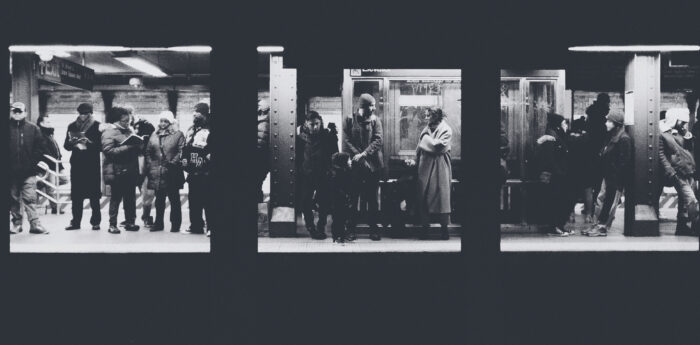
In turn, we use cookies to measure and obtain statistical data about the navigation of the users. You can configure and accept the use of the cookies, and modify your consent options, at any time.
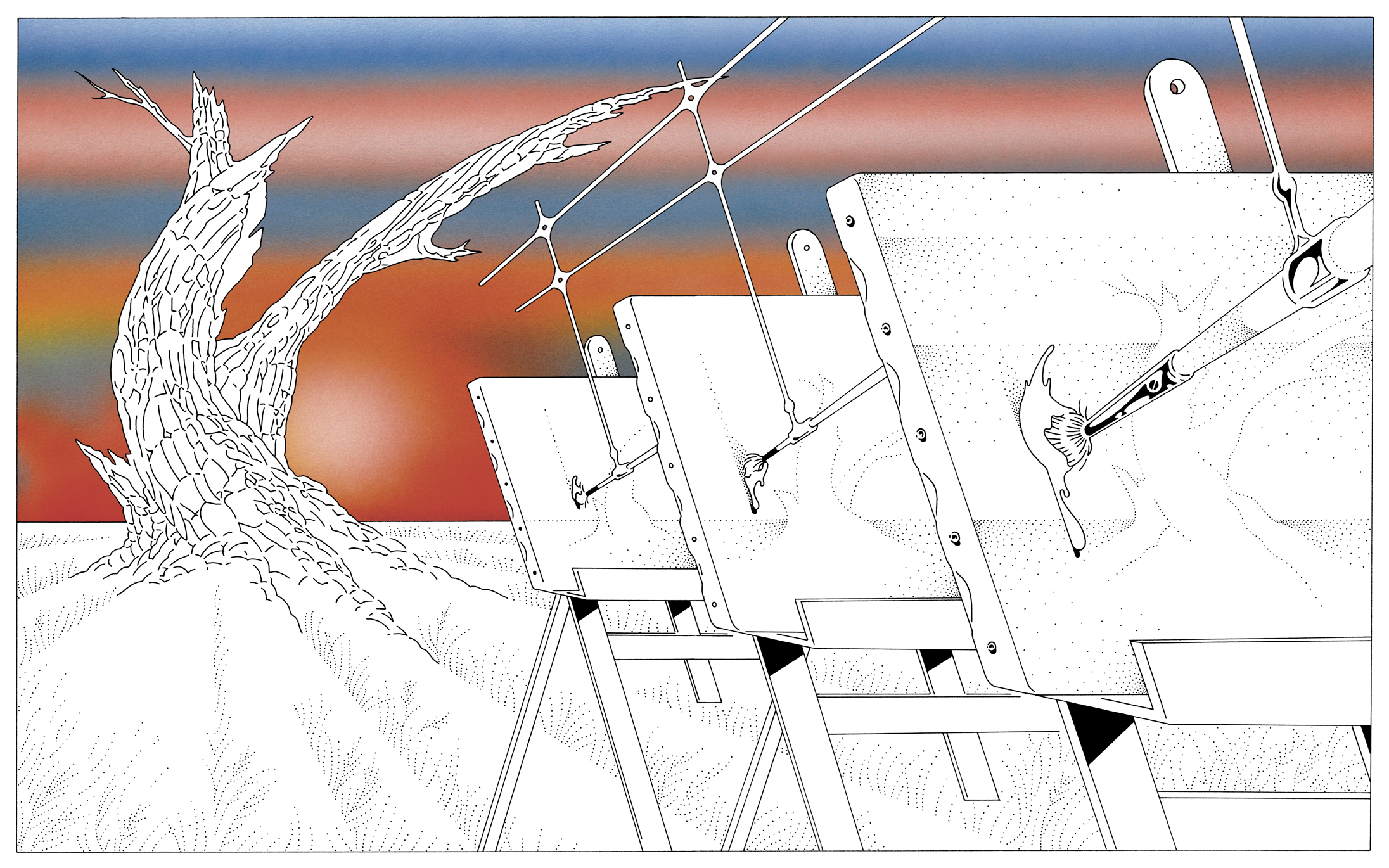
What Will Leisure Mean to Us in the Future?
As technological strides edge us closer to a post-work world, how we perceive ‘down-time’ could undergo a radical transformation.
Illustration: Jul Quanouai
After graduating from university, a good friend of mine spent a couple of years at home, learning what he wished to and seemingly without the desire to engage in the labour market in any way. Upon becoming annoyed at parties where people would invariably ask what he did for a living, he began declaring that he was a Tactical Leisure Technician. This involved actively organising his own leisure time, meticulously developing a plan of exactly when he would go and play football, read a book, learn to use a new computer program, or build a bike. Despite the relative absurdity of this particular example, one aided by a level of financial security not many enjoy after graduating, I admired his bravery. By not even pretending to prioritise work and career, he challenged the idea that leisure is what you do when you’re not working. For him, he was doing leisure instead of work.
Indeed, comedy is littered with characters that are ambiguously absent from the labour market. Seinfeld’s Cosmo Kramer admits to his friends that he has been on strike from his job making bagels for twelve years, and any time he deviates from recreation into paid labour it is met with hilarity. Why do we find this funny? Because paid employment forms such an essential part of our identity that the idea of someone continually avoiding it seems mad.
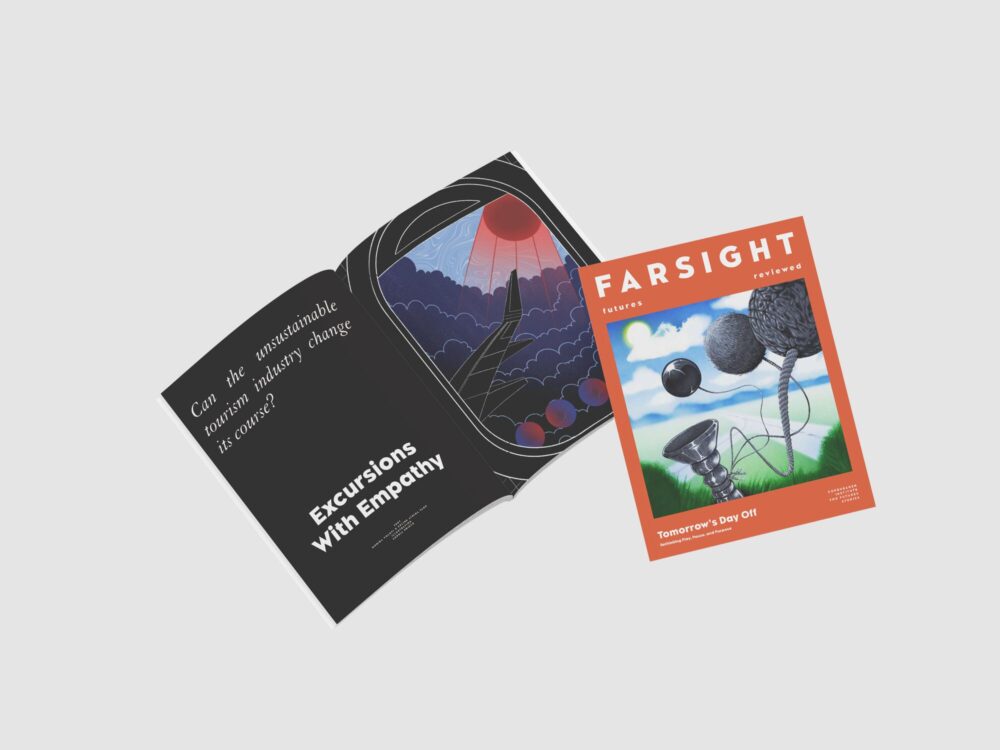
Broaden your horizons with a Futures Membership. Stay updated on key trends and developments through receiving quarterly issues of FARSIGHT, live Futures Seminars with futurists, training, and discounts on our courses.
become a futures memberIn his well-known essay “In Praise of Idleness”, Bertrand Russell criticised the traditional notion that hard work is inherently virtuous. Instead, he expounded the benefits of leisure for individuals and society as a whole, pointing out how historically only a select few could afford time off because others were toiling to sustain them. Significantly, he saw modern technology as having the potential to bring a fairer distribution of leisure time in the future.
Many current trends suggest this more equal distribution of leisure time could become a reality. Large language models such as ChatGPT have created the opportunity for a lot of traditional work tasks (such as content creation, data entry, and customer service) to be automated, and workers in other large sectors like transport also standing at risk of losing their employment entirely to artificial intelligence. In their 2023 report The Future of Work, the OECD projected that 27% of current jobs are in occupations at high risk of automation. They cited the prevalence of worry over losing jobs to AI and highlighted the need for governments to provide direct support to low-income households through a tax-benefit system. One could argue that new employment opportunities using AI may be created in place of those that are lost. But this also assumes a significant level of labour mobility – the ease with which certain workers can leave one form of work for another. In the end, many predictions cannot see past this fundamental loss of employment.
These trends have been accompanied by suggestions rejecting the notion that a full-time job is the only way of financially justifying our existence. One of these is the idea of a universal basic income, or what the late anthropologist David Graeber referred to in his 2018 book Bullshit Jobs as “a liveable benefit paid to all, without qualification, which would let people work at their leisure.” Another is the idea that we should be working less as technology-driven productivity rises, with companies now frequently debating and experimenting with a four-day working week.
Such developments suggest that technological advances and corresponding policy changes have the potential, even if it is not yet being realised, to change how much leisure time we will one day have. In a future where we could work significantly less, forming one’s identity through leisure rather than paid employment could become more of a norm. Therefore, an interesting discussion surrounding the future of leisure is not only what form it will take, but how we will perceive it and what it will mean to us as well.
Currently, a lot of our free time is devoted to rest, and to clear our minds after a taxing day at work. We interpret our free time differently depending on the mental resources we devote to our jobs, so it makes sense that with a heavy workload, we often choose to engage in passive forms of leisure which allow us to switch our brains off. This suggests that without such pressure from work, we could devote more time to the personal projects we feel like engaging in.
These could involve creative pastimes or perhaps simply pursuing our natural desire for learning. Acquiring knowledge for the sake of a course or job (a means to an end) is different from naturally following an urge to learn a new skill or language. While one can feel like a burdensome task, the other can be highly stimulating and satisfying.
Going back to Russell’s essay, the philosopher wrote that in a world where technology reduced time spent working, there would be happiness and joy of life, instead of frayed nerves. “The work exacted will be enough to make leisure delightful,” he said, “but not enough to produce exhaustion. Since men will not be tired in their spare time, they will not demand only such amusements as are passive and vapid.”
Indeed, active leisure – different from work in that it is not done for the purpose of attaining financial security or reward – has the potential to boost not only creative satisfaction but education levels and a healthy contribution to our community. Leisure could therefore become something else to us in the future: a more vigorous form of recreation that we truly want to engage in and identify with. We may still define ourselves by what we do, but what we do does not have to be strictly paid employment. In fact, many versions of ‘what we do’ already exist.
If people could work less without facing financial doom, that may allow them to express creative freedom without worrying about their activities achieving immediate popularity. Much of the best creative work throughout history has been done by those who were financially secure. What begins as a leisurely interest can be taken to its natural conclusion without the external pressures that put projects on hold. Like children left to play uninhibited in the presence of a reliable caregiver, we are free to express ourselves when operating within the bounds of comfort and safety. Having to work less could give those of a creative disposition – who often already see creativity as a core part of their identity – a greater chance to produce new ideas which help to improve our surroundings and our understanding of ourselves.
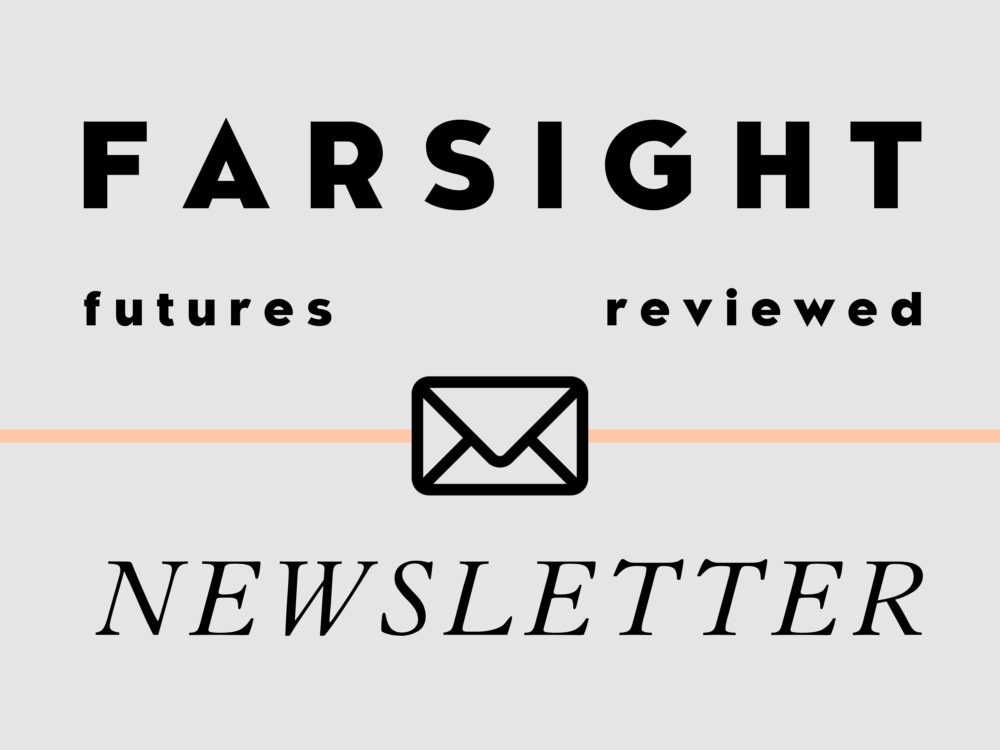
Explore the world of tomorrow with handpicked articles by signing up to our monthly newsletter.
sign up hereOne obstacle to achieving such a future is the increasing extent to which the lines between work and leisure are blurred. Remote work has become far more prominent (especially since the pandemic) and increases in freelance labour and short-term contracts mean an increasingly unstructured schedule for many. As labour becomes digitalised and less constrained by time and place, so does leisure, so without the strong confines of the evenings and weekends we may begin to expect to have leisure at any time. This too could help leisurely pursuits gain prominence, as they would be performed at peak working hours when people have the most energy.
Such blurred lines are reinforced by an increasing tendency to attempt to monetise our hobbies. Many activities which would in the past have been considered to be pure leisure – like posting pictures of ourselves on holiday – are now wrapped up with attempts to build a personal brand. Considering that more negative future predictions imagine populations increasingly fighting for freelance work in a very scarce labour market, this could lead to time off official work not necessarily being leisure time, but where people are expected to battle for work and enhance their employability. Leisure and work becoming less separate could serve to liberate us, but it could also become increasingly difficult to distinguish where leisure starts and work ends.
This is one complicated element of allowing leisure to slowly replace work as our primary purpose. Another is that employment occupies such a central part of our identity that we could struggle to stop believing in the fundamental importance of having a job. Erik Gandini’s 2023 documentary After Work reveals how in oil-rich Kuwait, workers are paid handsomely to have jobs where they essentially sit around doing nothing for months on end. This is because the population size and wealth of the country allow such a programme, and citizens are deemed to be exhibiting the negative sides of idleness.
Firstly, this reveals a fear of what we would actually be like when left to our own devices – perhaps we would not thrive in a world of productive leisure, but would feel lost without the drive of paid employment. People do not necessarily instinctively know how to fill their time; they need to be educated about how to use their leisure time in an enjoyable and stimulating way. Secondly, Kuwait’s state employment programme shows people’s desire to keep up the illusion of employment in a situation where work is not in fact needed. It may not be that simple for people to see whatever they achieve or create during their free time as their raison d’etre, considering how central work is to the process of forming one’s identity.
There are certainly barriers to the vision of a life of leisure aided by automation. For one, technological advancement has thus far failed to free us from the chains of paid employment, and new developments could also fall short in this regard. A future where leisure takes up a more prominent space in our minds in relation to dwindling work is possible, but it requires significantly transforming our deeply ingrained biases holding a life of work above all things else, and setting ourselves free to enjoy a more active, stimulating form of leisure, comprising the work we as individuals are driven to do. In the parties of the future, we must be brave enough to stand with our champagne glasses and ask not “what do you do?”, but “what do you like doing?”
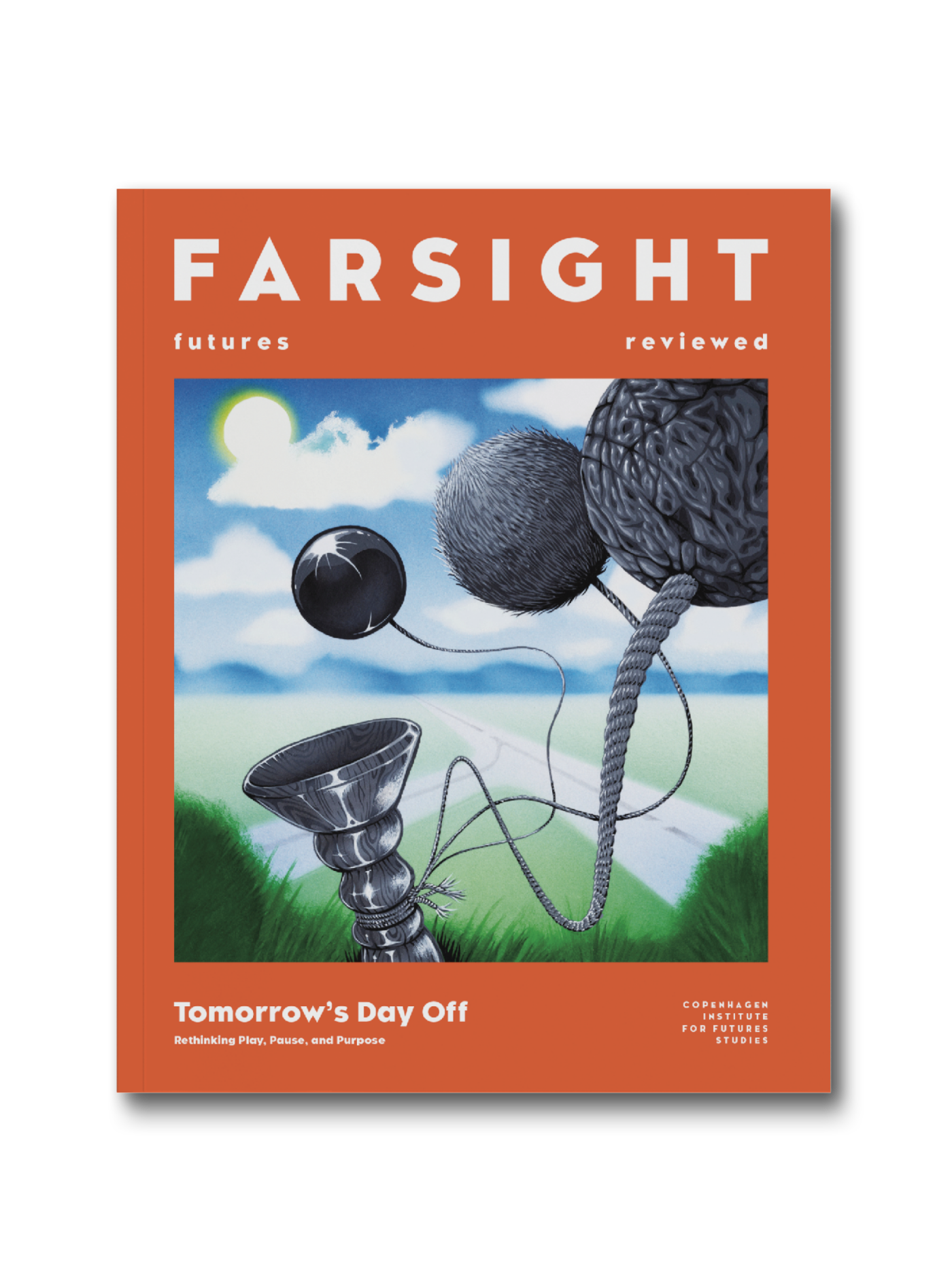
This is an article from FARSIGHT:
Tomorrow’s Day Off
Grab a copy here